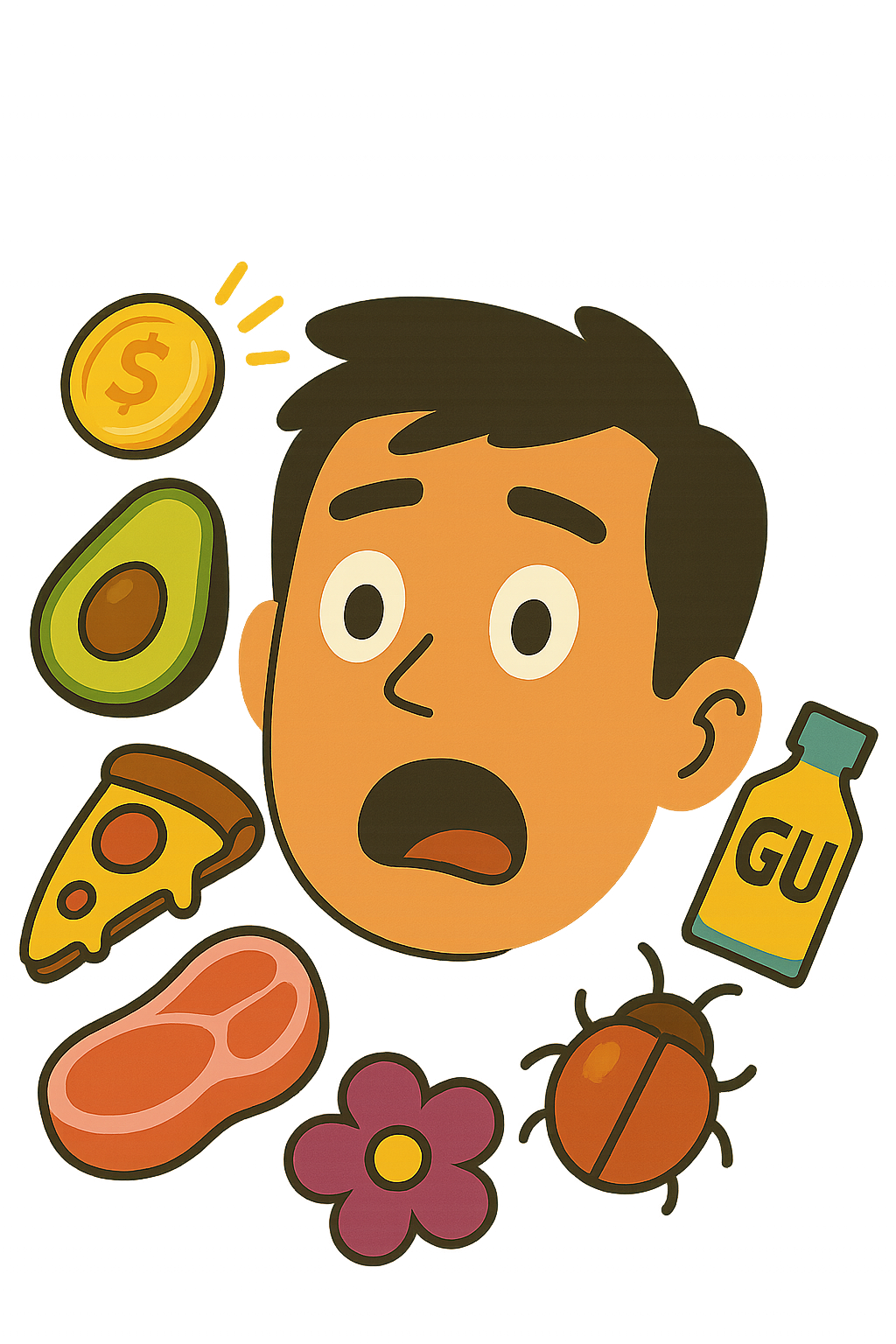Can I eat horse chestnut nuts?
Quick Answer
No
Horse chestnut nuts are not safe to eat. They contain a compound called aesculin, which is poisonous and can cause serious illness or death if ingested.

What Is It?
Horse chestnut nuts, also known as conkers, are the seeds of the horse chestnut tree. They are round, shiny, and brown with a whitish scar at the base.
Historical Context
While horse chestnut trees have been used in traditional medicine for centuries, the nuts themselves are not edible and have been known to cause poisoning in humans and animals.
Why It Can Be Risky
Eating horse chestnut nuts poses serious health risks due to their toxicity.
- Nausea and vomiting
- Diarrhea
- Abdominal pain
- Dizziness and confusion
- Seizures
- Coma
- Death in severe cases
Safe Alternatives
Edible chestnuts, also known as sweet chestnuts, can be safely eaten and are often used in cooking and baking.